Explore the Universe with Hertford Astronomy Group
Join our monthly meetings and astrophotography sessions for all ages at the University of Hertfordshire.

Next Meeting:
Wednesday March 11th at 8:00pm
A Night of Discovery with Three Rising Stars of Astronomy
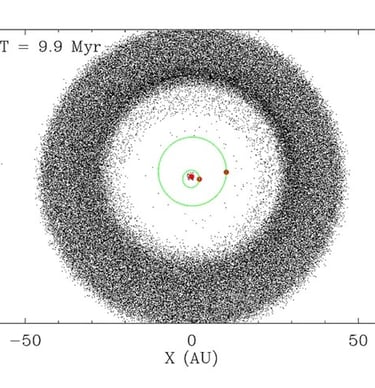

At our next meeting, we’re handing the stage to three exceptional students from the University of Hertfordshire, each bringing their own passion, curiosity, and fresh perspective on the cosmos. This is one of those evenings that reminds us why astronomy is such a vibrant, ever‑evolving field — because the next generation is already pushing its boundaries.
These talks aren’t just topics; they’re windows into the engines, elements, and icy wanderers that shape our universe.
🌠 “The Most Powerful Engines of the Universe — and What They Have to Do with the Formation of Stars”
We begin with a journey into the colossal forces that sculpt galaxies and ignite stellar nurseries. From the titanic power of black holes to the turbulent environments where stars are born, this talk explores how the universe’s most extreme engines help create the very stars we admire through our telescopes.
🌌 “What’s the Matter?”
A playful title for a profound story. This talk traces the cosmic alchemy that enriched the universe with the elements we know today. From the first atoms forged after the Big Bang to the heavy elements brewed in dying stars, we’ll follow the chain of events that made planets, life, and everything we see possible.
☄️ “Exocomets of Beta Pictoris”
We finish with a dive into one of the most intriguing planetary systems beyond our own. Beta Pictoris is a young, dynamic star surrounded by dust, planets, and — remarkably — comets. This talk reveals what these distant icy bodies can tell us about planetary formation and the early days of solar systems.
Together, these three talks promise an evening that is fresh, insightful, and full of wonder. It’s a chance to support emerging scientists, learn something new, and be reminded that astronomy is as much about the future as it is about the past.
A night not to be missed — the sky is calling again.
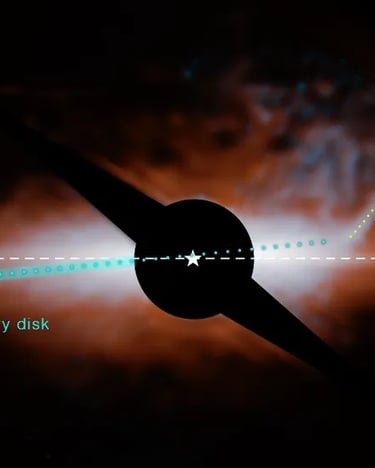

Stephen Hawking
Remember to look up at the stars and not down at your feet.
*****
Meeting Location
Our meetings are held at the
University of Hertfordshire
Lindop Building
College Lane
Hatfield
AL10 9AB
(What 3 words: stars.stones.energetic) and simultaneously on Zoom.
There is plenty of parking space around the venue which is free after 19:00
What to look forward to?
We always like to keep an exciting programme of events throughout the year.
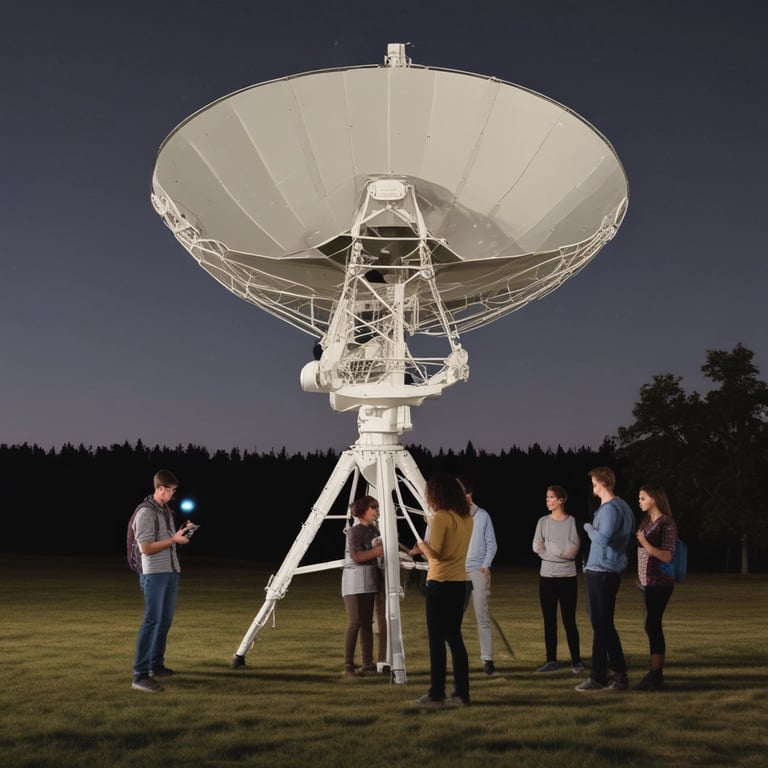

Wednesday, March11th
The University of Hertfordshire presents ....
We have three wonderful student volunteers from the University of Hertfordshire visiting us to give us talks about their subjects of interest.
Camilla Di Giusto
The most powerful Engines of the Universe and what they have to do with the formation of stars
At the centre of most large galaxies in the universe live mysterious engines. They are millions, if not billions, of times more massive than our Sun and feed on anything that comes too close to them, including light. Who are we talking about? Supermassive black holes, of course. Interestingly, as they eat up material, they also produce and eject a lot of energy into their surroundings. Come and find out how this enormous energy input from black holes changes the formation of stars and how we can study this.
Angrilla Muglia
What’s the Matter?
This talk is about the origin of the elements, the story of how the universe became enriched with the building blocks of matter we see today. I will explain how stars, through their lives and explosions, produced the chemical ingredients that later became part of planets and galaxies. To follow this story we use both telescope observations and computer simulations, which allow us to connect the first generations of stars to the growth of cosmic structures. I will also talk about our very own Milky Way, and the peculiar chemical laboratories that are smaller (dwarf) galaxies, showing how they help us understand the diversity of environments where elements are formed. Spoiler alert: we are made of stardust!
Anushka Shinde
Exocomets of Beta Pictoris
Abstract: Most people may have heard of exoplanets, but what about exocomets? My talk is focused on the Beta Pictoris system, which was the first system beyond our own Solar System where comets were detected. With its edge on disk and at least 2 planets confirmed, this system has caught the interest of astronomers to study the early solar system formation. My Master’s project was focusing on the use of the TESS Sector 87 data to remove the delta-scuti pulsations of the host star, Beta Pictoris, to extract possible signals of exocomets.
******************
******************
******************
Future Meetings
******************
April 8th - Sheridan Williams - Fascinating Astronomical Facts
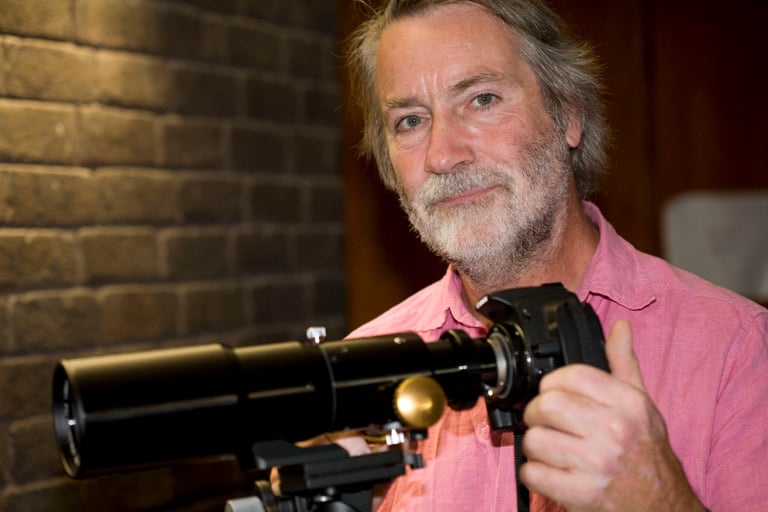

May 13th - Lewis Dartnell - How the Earth Shaped Human History + Annual General Meeting
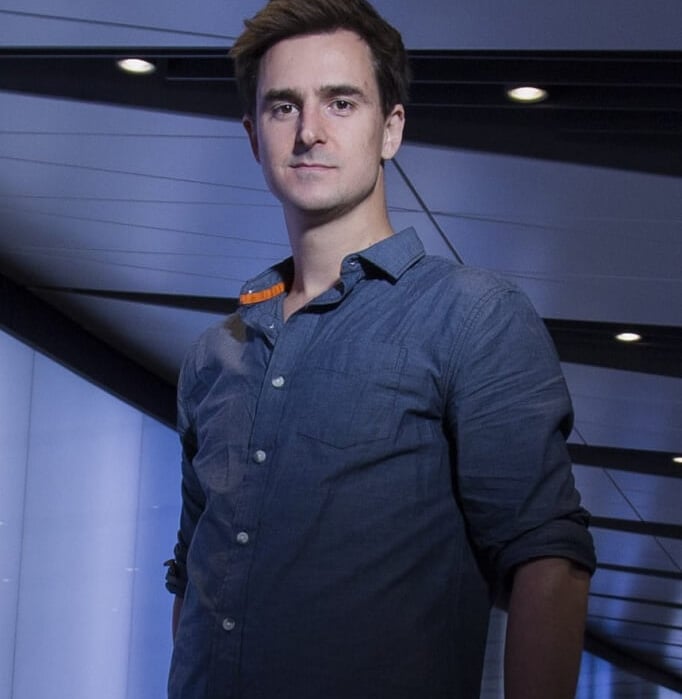

June 10th - Louise Devoy - Royal Observatory Greenwich - A History through objects


September 9th - Roger O'Brien - Subject TBC
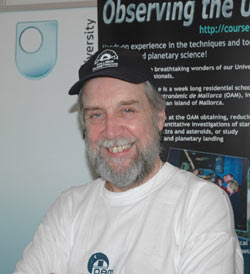

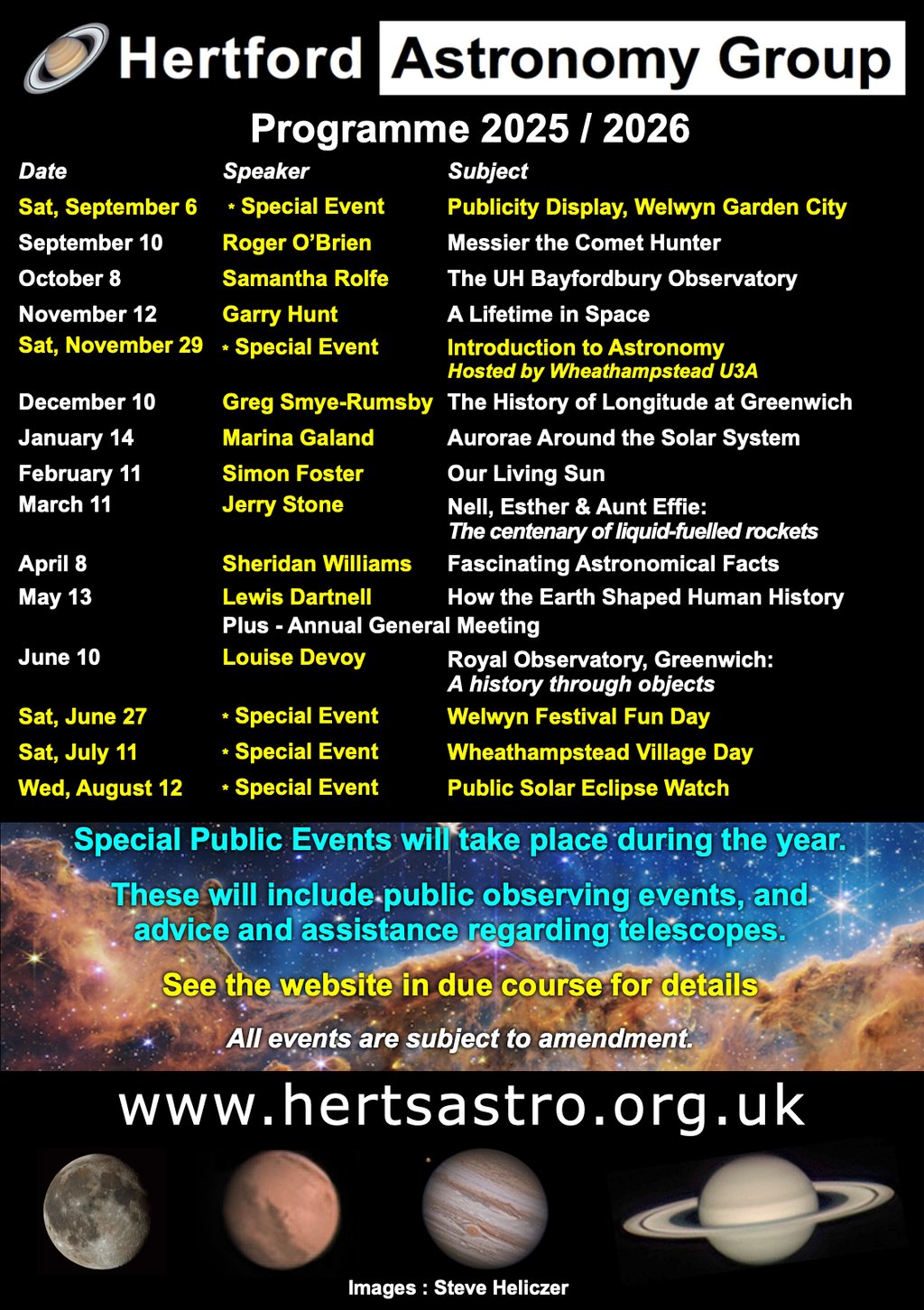

More to look forward to ....
We offer telescope advice, access to observatory open evenings, and live Zoom meetings for those unable to attend. Join us online or in person!
Astronomy Club Services
Join our astronomy club for meetings, astrophotography, and telescope advice at the University of Hertfordshire.
...or just come along to a meeting as a visitor


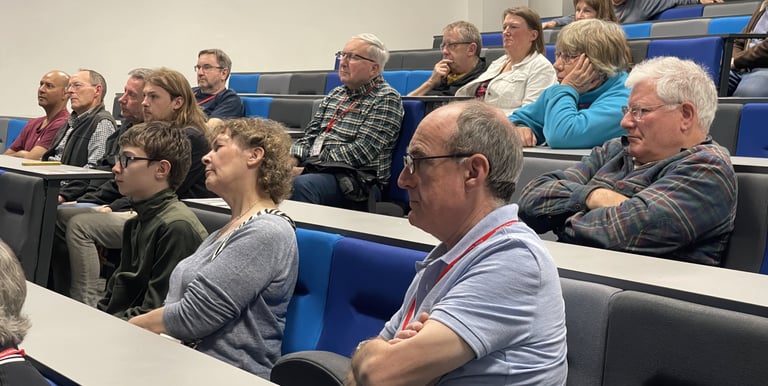

Observatory Access
Enjoy open evenings at Bayfordbury Observatory and attend lectures from the Institute of Physics.
Live Meetings
Participate in our live meetings via Zoom, with recordings available on our YouTube channel.
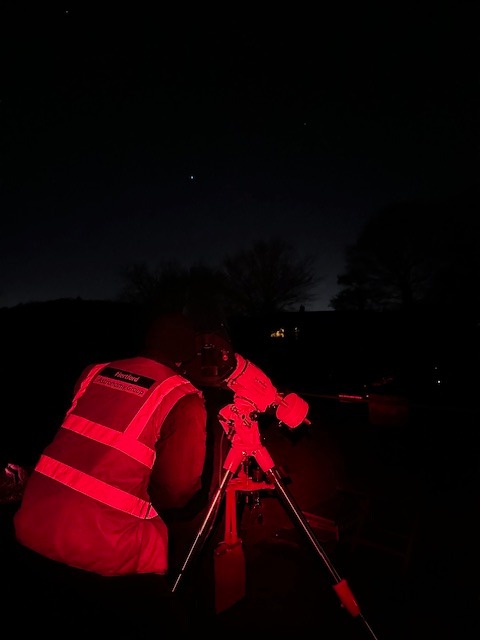

Observation Meetings
Bring your telescopes along and carry out visual observations at our Bramfield site.
Contact Hertford Astronomy Group
Reach out for astronomy advice or meeting information today!


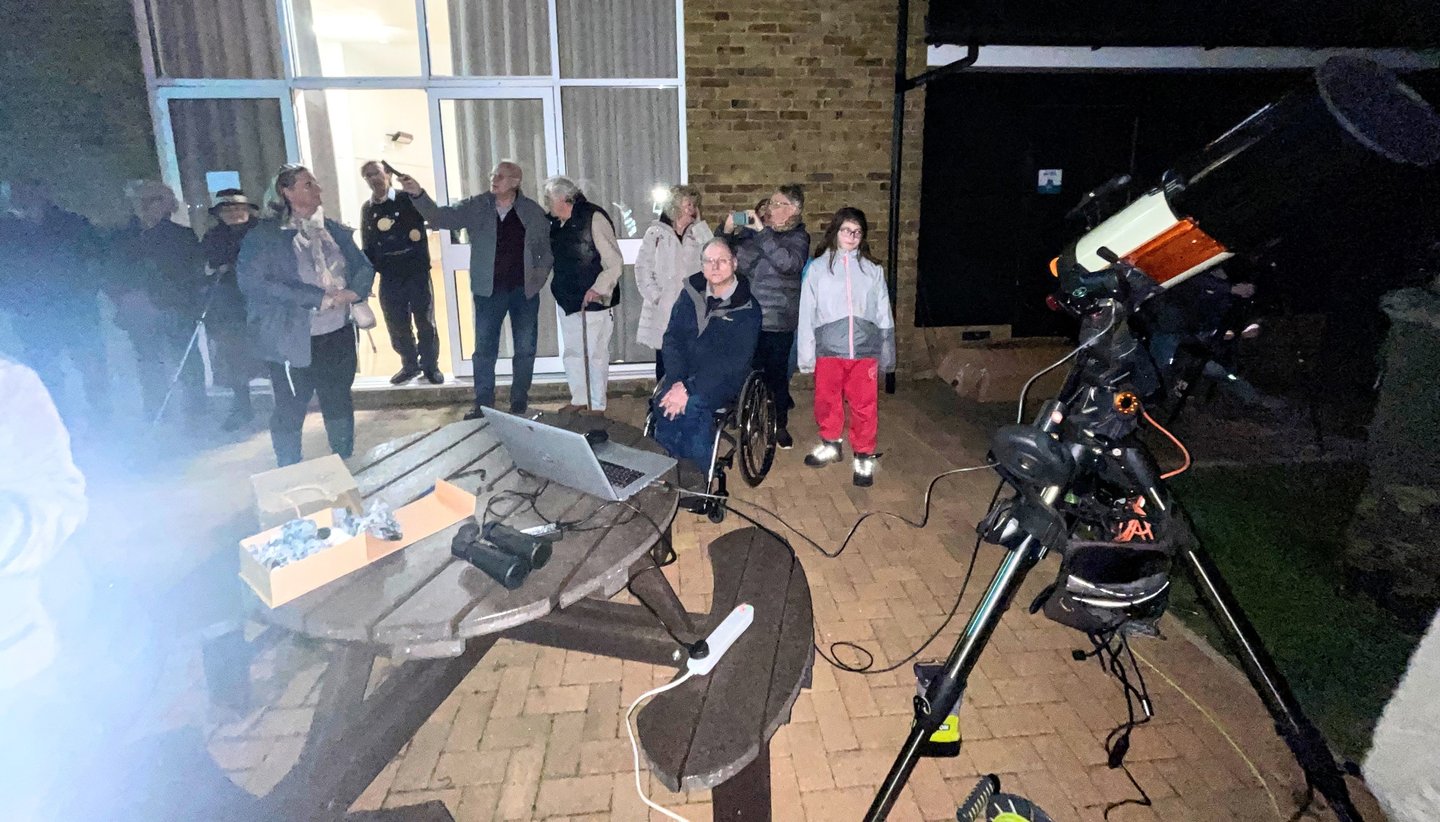

Explore
Join our astronomy club for monthly meetings.
Connect
Learn
© 2026. All rights reserved.

